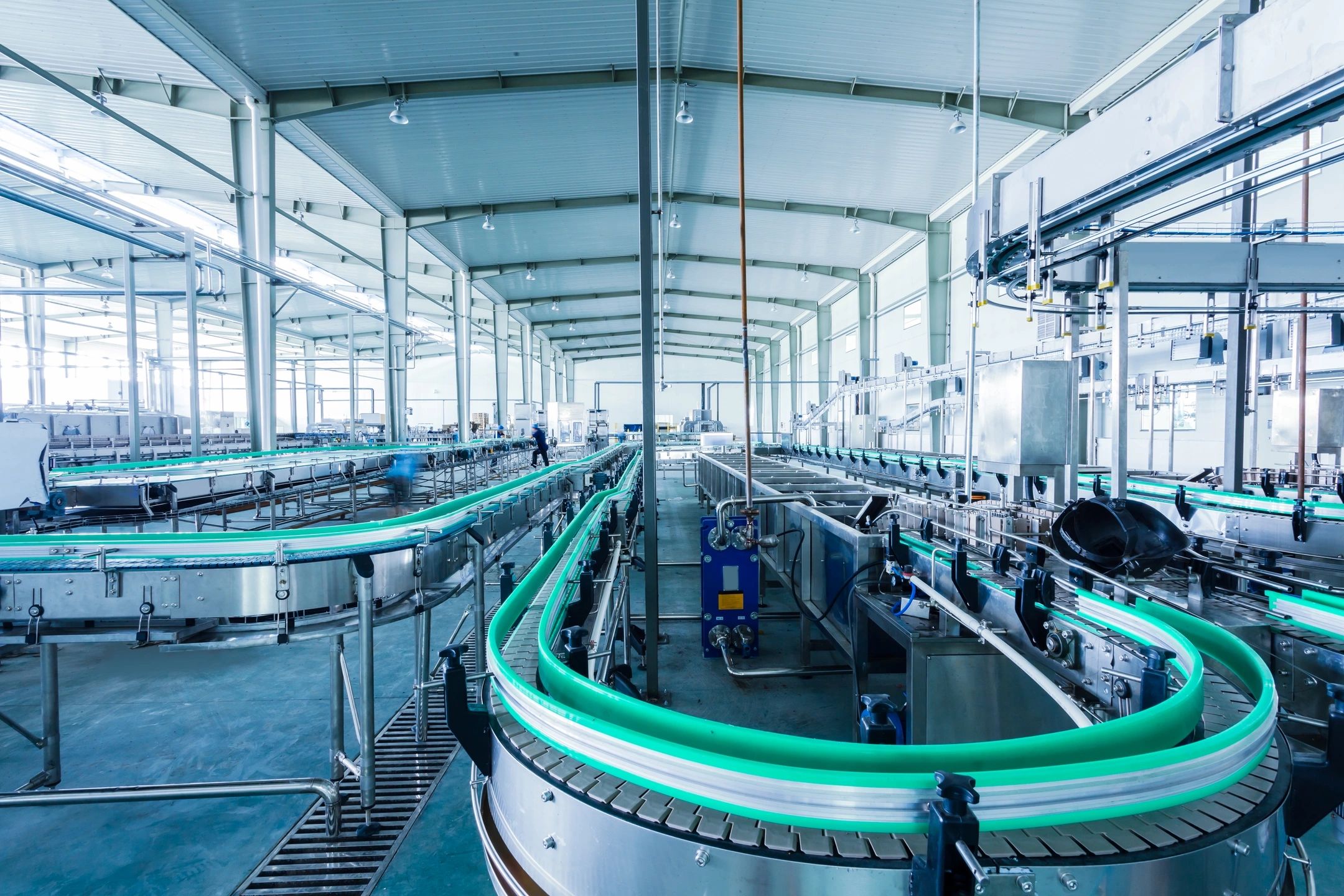The revival of industrial policies, which several countries have begun to adopt, represents an important development that has brought back to the forefront the debate about the effectiveness and implications of these policies among policymakers and economists. Following the United States’ announcement of the Inflation Reduction Act and the CHIPS and Science Act last year, which include investments exceeding $700 billion to develop vital sectors such as clean energy and semiconductors, many countries have taken similar measures, leading to what many observers have described as a frantic race to gain supremacy in industries that represent the future of the economy and have significant implications for the global economy.
This return to industrial policies represents a significant shift at the level of government policies. Industrial policies have long been criticized by many economists who described them as contrary to the concept of a free market economy. Critics of these policies believe that governments do not have the necessary information to effectively identify and support specific sectors and entities without causing distortions in the economy. Governments, in the critics’ view, should not “pick winners” in the economy but should let the market forces determine how resources are distributed based on consumer preferences and available technologies. On the other hand, adopting these policies increases the likelihood of them being influenced by private interests, or what is known in public policy literature as Political Capture or Regulatory Capture.
But the disruption in supply chains as a result of the COVID-19 pandemic and China’s industrial dominance through government-guided economy has led many policymakers and economists to reconsider industrial policies as an effective tool to develop many vital industries and for sustainable economic development. Recent researches have provided a more nuanced picture regarding the effectiveness of these policies, how to manage them, and the optimal conditions for their use. These studies examined many successful experiences, especially the what is known as the East Asian miracle, which experienced tremendous economic growth through industrial strategies led by their governments to develop a number of industries that increased the competitiveness and productivity of these countries with economic and social impact of that continues to this day. Furthermore, developing entire industries requires a high degree of coordination between many entities and the development of complementary industries where market forces alone cannot be relied upon, and requires effective government intervention.
Despite the positive shift towards industrial policies, there is still concern about the geopolitical and economic implications for the world as a result of their rapid adoption. Since the beginning of the twentieth century, there has been a strong belief in the value of economic cooperation between countries and the interconnectedness of global supply chains to avoid conflicts between countries and ensure world peace. Adopting industrial policies signals a retreat of this system and an increase in the pace of competition between countries, which increases the likelihood of international conflicts. On the other hand, many developing countries, that don’t have the financial capacity to adopt such policies, could fair worse by this development since being part of the global supply chains was key to their economic development.
Originally posted in Arabic on Linkedin on 2/11/2023


